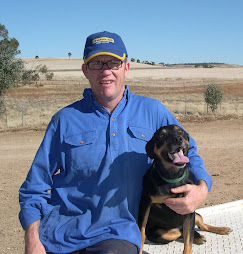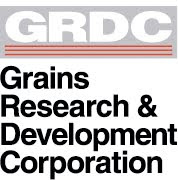There work particularly focused on all of the characteristics of soil that go to making up the term fertile and productive. They had a project with local farmers to improve their productivity and economic viability, through fertlile soils; How to construct a fertile soil and How to maintain one. It came down to production of plant and root biomas higher than the rate of decomposition.
Biomass Above Ground
Biomass Below Ground
It was a very big project, which included macro- and micro-nutrients (positve and toxic levels), pH, bulk density, organic material, porosity and soil organisms from bacteria to earthworms. When the bulk denisty increased due to cultivation the water holding capacity went down. On the other hand when bulk density decreased due to organic matter, the water holding capacity went up. This is very important in our drier climate if we can build biomass.They have been doing this trial for a number of years and have had some very positive outcomes. Local farmers used to only grow 1 cash crop per year and now some are dabbling with cover crops to build up biomass but this bring no return. The researchers have worked with breeders of corn to get very short season varieties, and are utilising millet, soybeans and brachiaria to now give 3 cash crops in 2 years but also have 2 cover crops which can be grazed. The overall result is 5 diffent crops in 2 years. This has been tried on Embrapa’s farm for a couple of years to refine the sytemand they are ready to take it to the farmers.
I dont think we can grow 5 crops in 2 years, but maybe down the tract we may find another crop that we can grow in spring and summer (not a full warm season crop). We have in the past found the next thing to help us keep ahead of our overseas competitiors. eg Lentils & Oaten Hay.
As each visit goes by every one is helping form a good picture in my head and in my notebooks and it is becoming cleaer what is going on in the soil.
On tuesday I again caught up with Dr José Eloir Denardin, to go through some revision of soil processes that we learnt about at Ag College. It was good to get a refresher course.






No comments:
Post a Comment